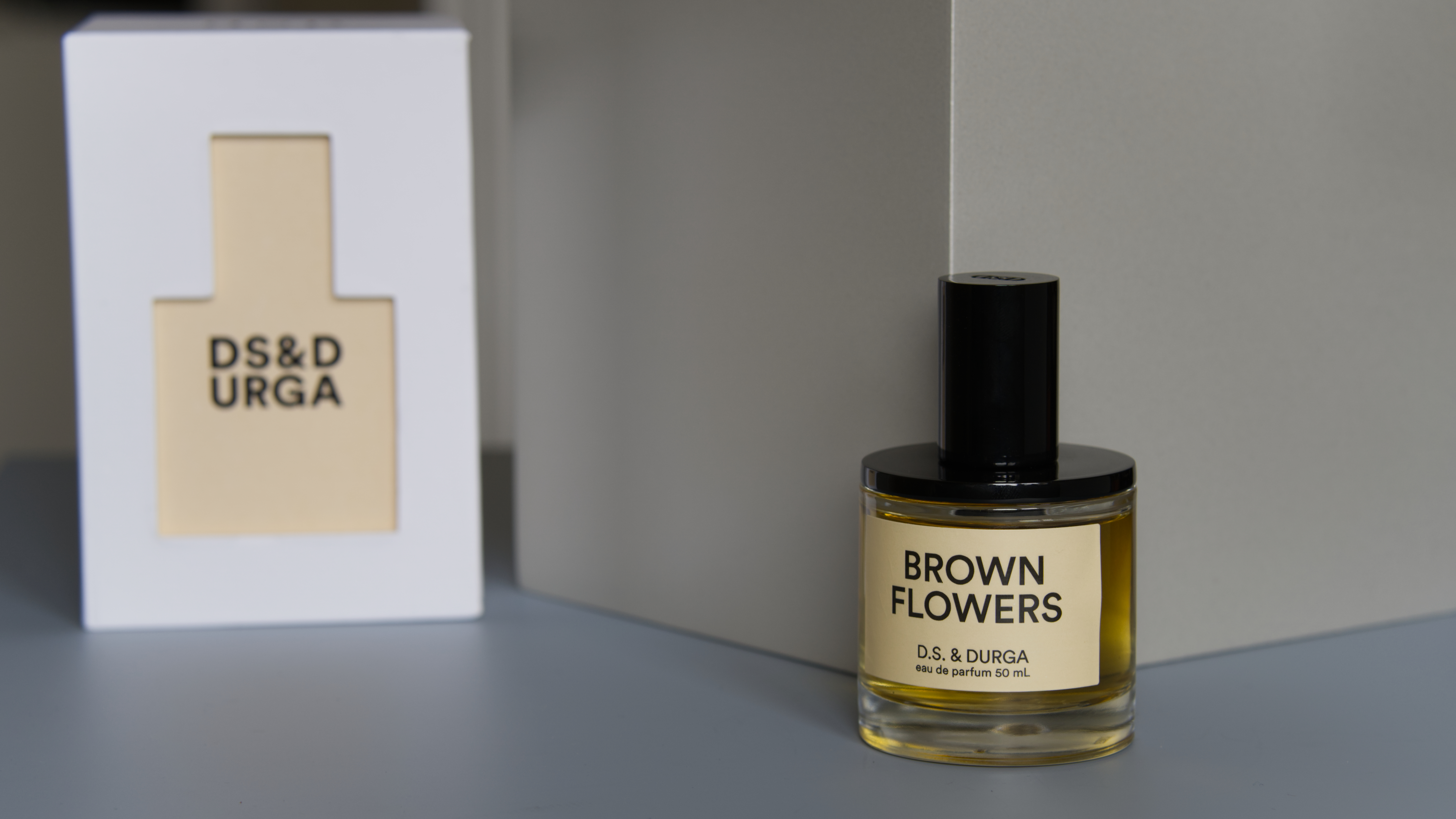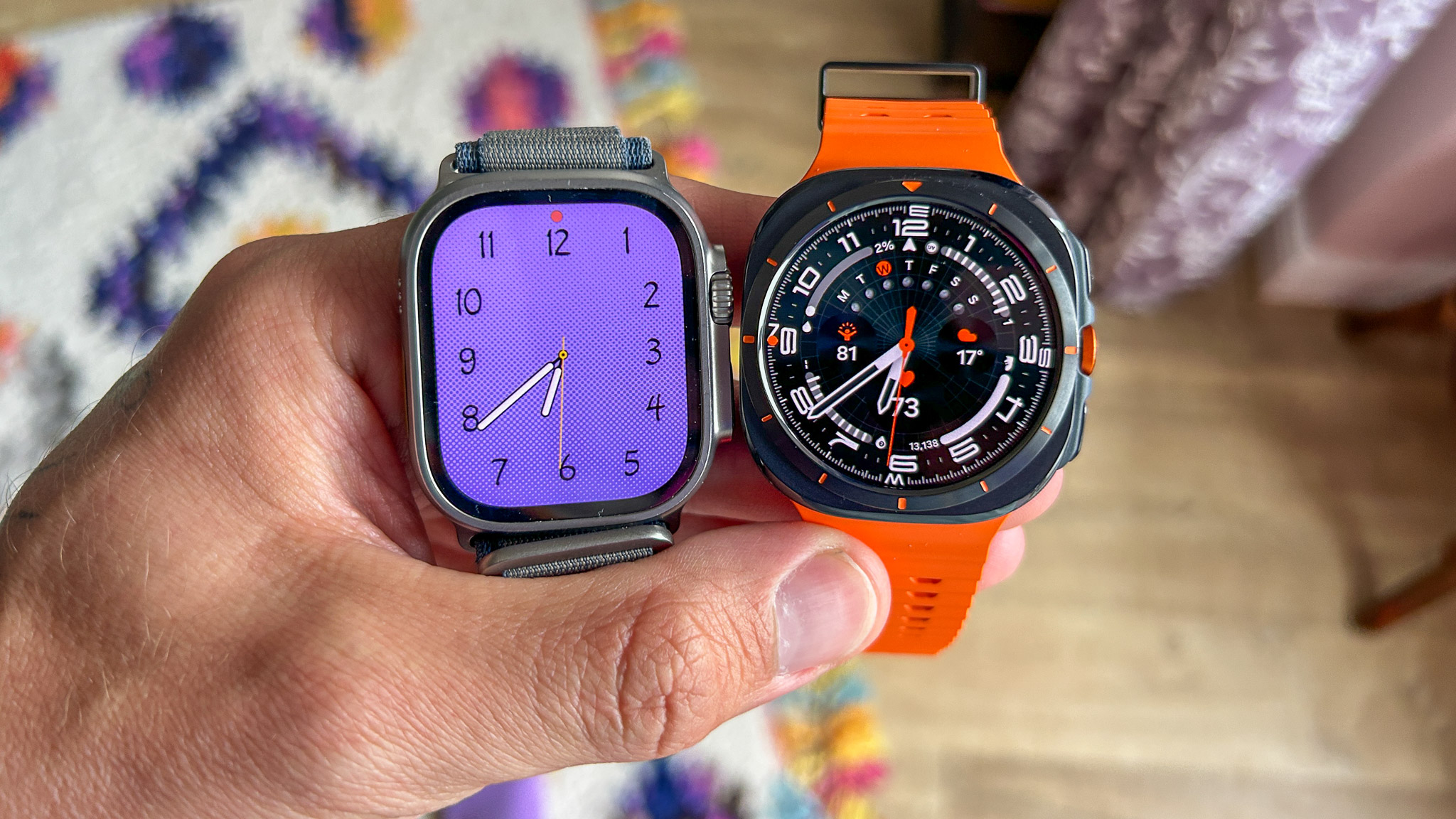

Samsung recently released its answer to Apple’s immensely popular rugged smartwatch, and I’ve been wearing both for 10 days to determine which is better. Samsung Galaxy Watch Ultra vs. Apple Watch Ultra 2: Which is better?
The Samsung Galaxy Watch Ultra features a 46mm AMOLED display, advanced health monitoring, dual-band GPS, and up to 80 hours of battery life. Its robust design includes military-grade durability and 5ATM water resistance, perfect for fitness enthusiasts and outdoor adventurers.
The Apple Watch Ultra 2 features a titanium case, 49mm display, dual-frequency GPS, and up to 36 hours of battery life. Its brighter Always-On Retina display, advanced health sensors, and improved water resistance make it perfect for athletes and outdoor enthusiasts.
Despite their similar specs and looks, the wearables have some key differences. Is there a clear winner, though? Let’s find out.
Samsung Galaxy Watch Ultra vs Apple Watch Ultra 2
Price and availability
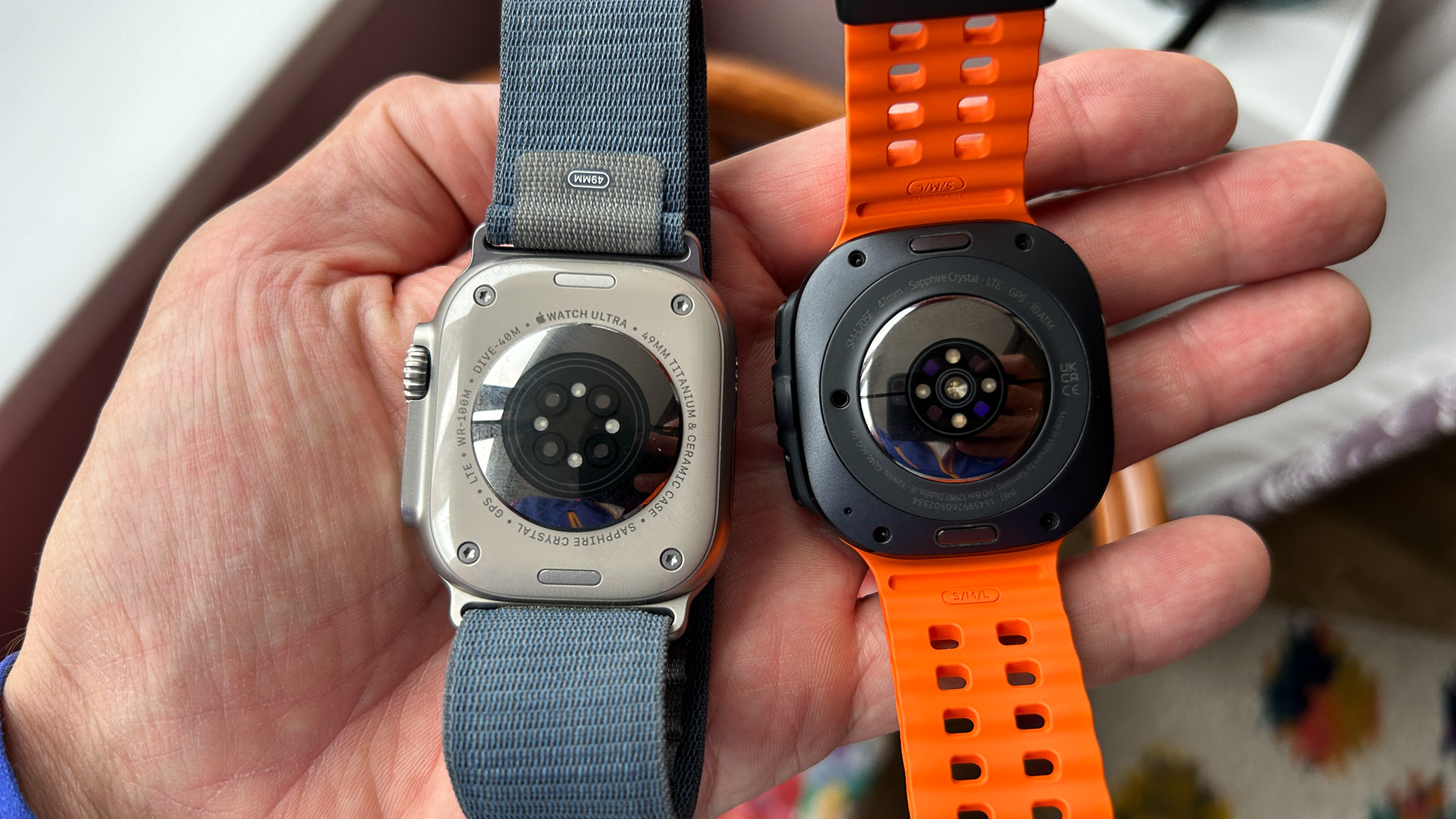
The Apple Watch Ultra 2 was announced in September 2023 and is available to buy directly from Apple UK, Apple US and Apple AU for a recommended retail price of £799/ $799/ AU$1,399. This high price is justified by its robust feature set, which includes a titanium case, sapphire crystal front, ceramic back, and extensive health and safety features like ECG monitoring, blood oxygen measurement, and fall detection.
The Samsung Galaxy Watch Ultra was announced in July 2024 and is now available to pre-order directly from Samsung UK, Samsung US and Samsung AU for a recommended price of £599/ $649.99/ AU$1,299. This watch also offers a comprehensive feature set, including a titanium case, sapphire crystal, and advanced health tracking features like ECG, blood oxygen monitoring, and dual-frequency GPS. Additionally, it boasts MIL-STD-810H certification for durability, making it a strong contender for users looking for a rugged smartwatch.
Winner: the Galaxy Watch Ultra is priced more keenly than Apple’s top dog wearable, so it takes the crown in this category.
Sign up to the T3 newsletter for smarter living straight to your inbox
Get all the latest news, reviews, deals and buying guides on gorgeous tech, home and active products from the T3 experts
Design and build quality
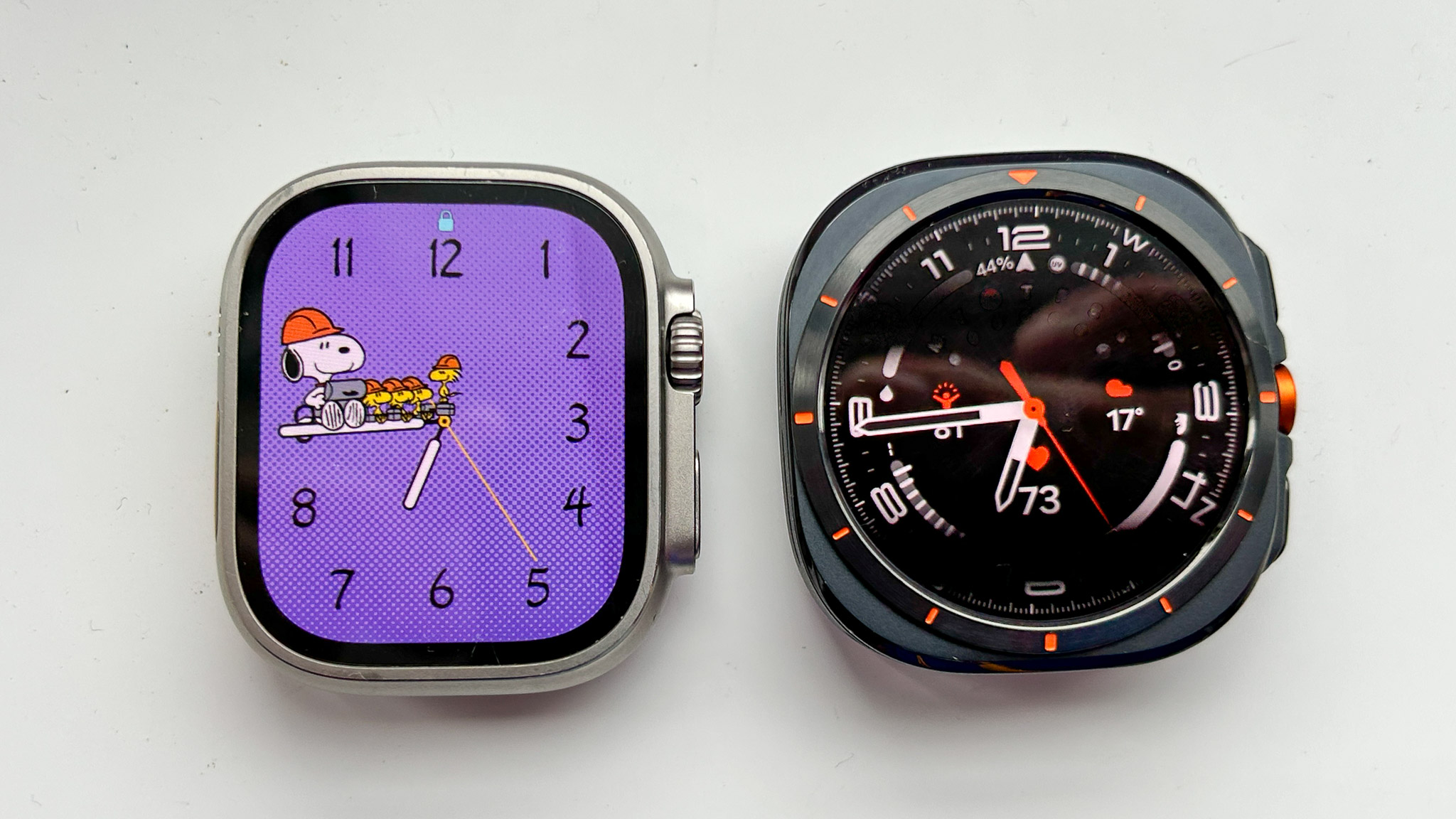
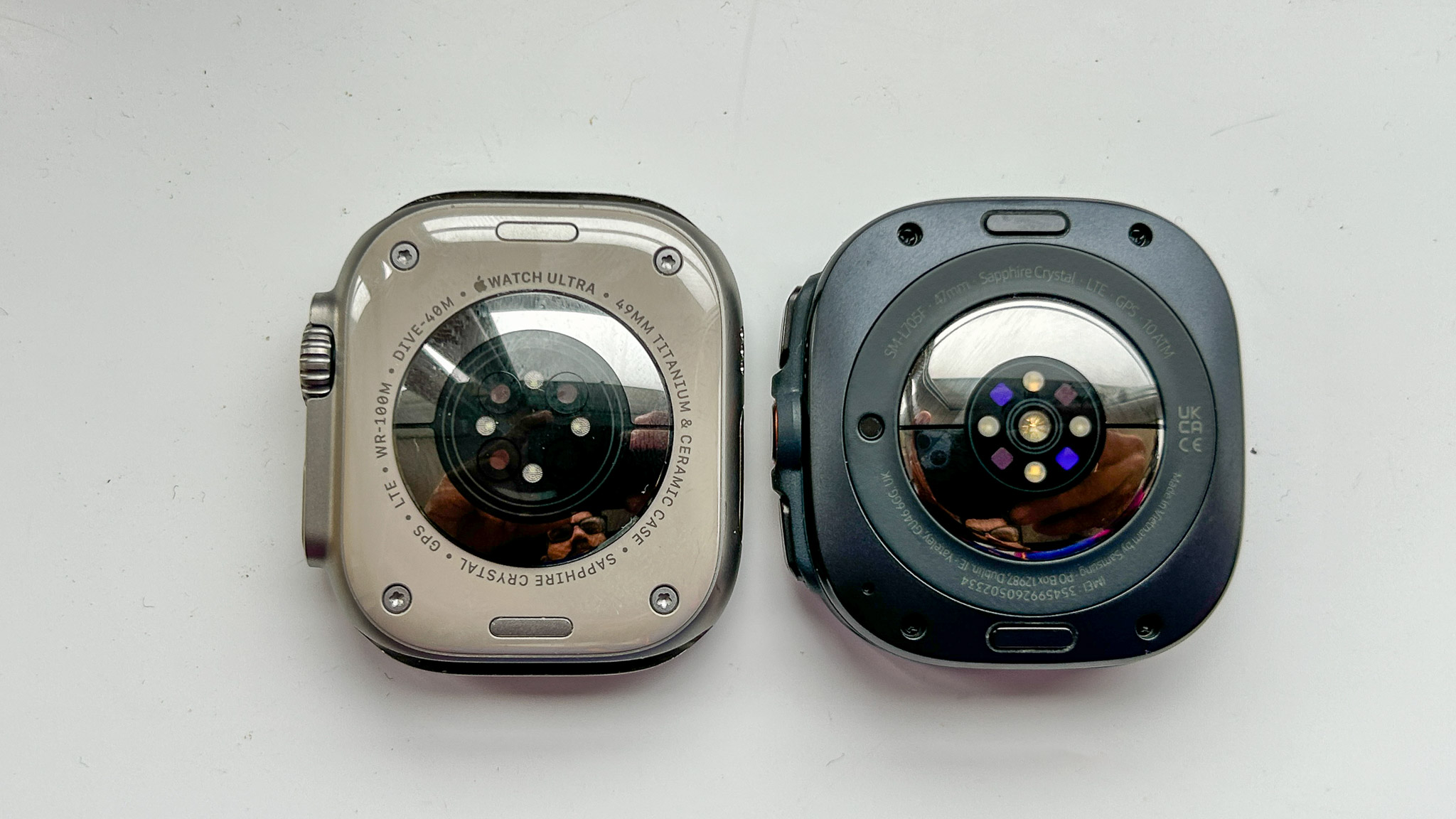
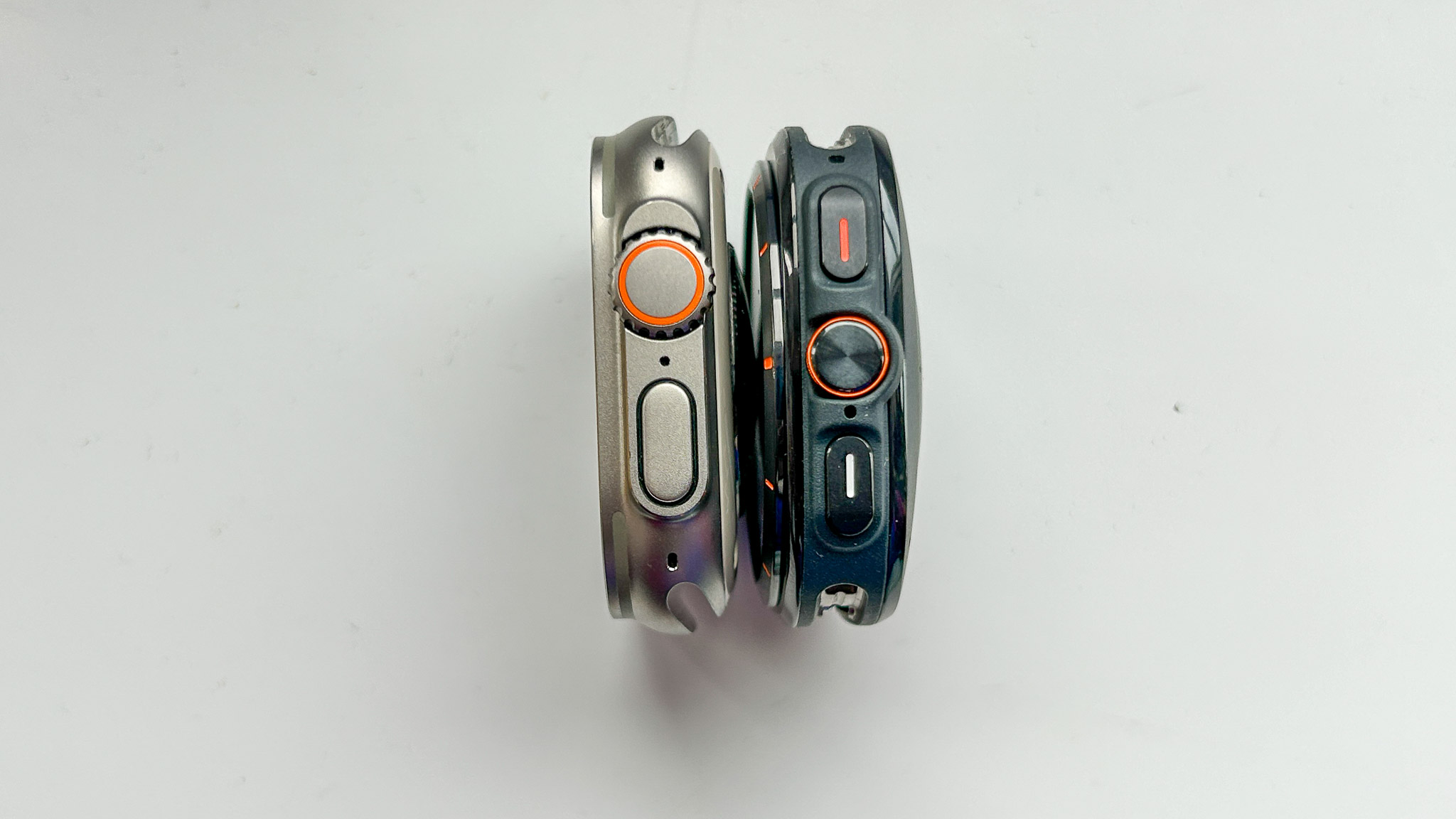
The Apple Watch Ultra 2 and the Samsung Galaxy Watch Ultra both represent the pinnacle of their respective brands' smartwatch offerings, yet they differ notably in physical design and features.
The Apple Watch Ultra 2 measures 49 mm x 44 mm x 14.4 mm and weighs 61.3 grams. In contrast, the Samsung Galaxy Watch Ultra is slightly more compact at 47 mm x 47 mm x 11 mm and weighs 63 grams.
The Apple Watch Ultra 2 features a 1.92-inch Always-On Retina LTPO OLED display with a resolution of 502 x 410 pixels and brightness up to 3,000 nits. Its screen is protected by Sapphire Crystal.
The Samsung Galaxy Watch Ultra has a 1.5-inch Super AMOLED display with a resolution of 480 x 480 pixels, reaching up to 3,000 nits in brightness. It is also covered by scratch-resistant Sapphire Crystal.
The Apple Watch Ultra 2 uses a proprietary attachment system and offers a variety of strap materials, such as silicone, fabric, and metal. The Galaxy Watch Ultra uses a similar setup, but instead of sliding the strap into place, you clip it in. It has a button release, the same as Apple’s wearable.
The Apple Watch Ultra 2 is equipped with a Digital Crown and a side button on the right, along with an additional Action button on the left. Meanwhile, the Samsung Galaxy Watch Ultra has three physical buttons on the right, including the Quick Button, which can be customised for various functions, including an emergency siren feature.
Both watches feature advanced audio components. The Apple Watch Ultra 2 includes dual microphones for improved voice recognition and noise cancellation, alongside dual speakers for clearer audio. Similarly, the Samsung Galaxy Watch Ultra is equipped with multiple microphones and built-in speakers designed to handle calls and media playback efficiently.
In terms of durability, the Samsung Galaxy Watch Ultra boasts 10 ATM water resistance and MIL-STD-810H certification, making it more rugged compared to the Apple Watch Ultra 2's 5 ATM water resistance. The Samsung watch also features dual-frequency GPS for better location accuracy and a larger 590mAh battery, promising longer usage times.
Winner: tie. Both watches have their strengths and weaknesses.
Sensors and features
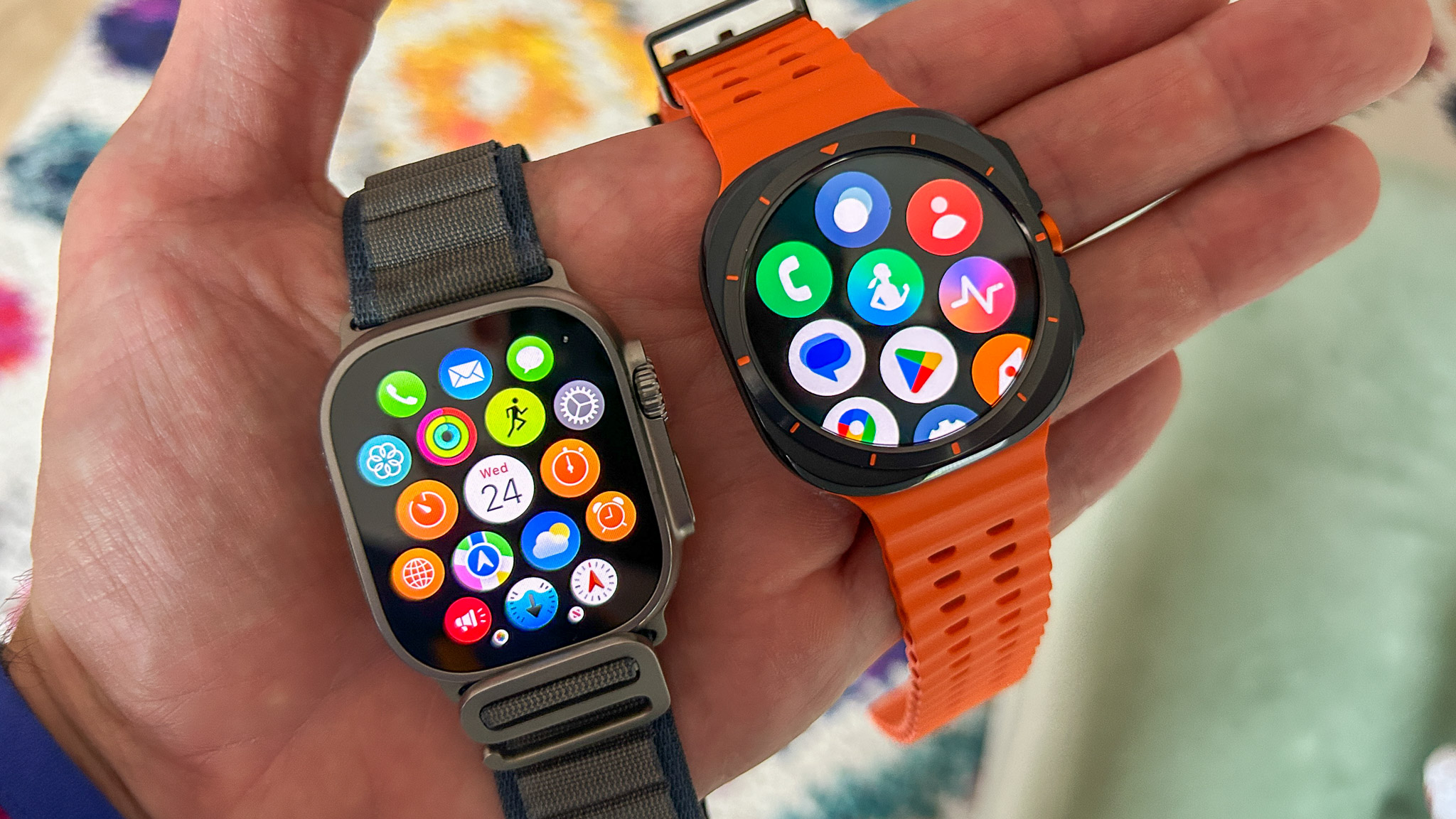
Apple has packed the Ultra 2 with a comprehensive set of health monitoring tools. It includes advanced sensors for heart rate monitoring, ECG, and blood oxygen levels. The watch features a body temperature sensor, which can provide insights into overall wellness and help track cycles for female users.
The fall detection and emergency SOS features add an extra layer of safety, especially for those engaging in risky activities, such as road cycling.
Apple has added a wide range of sports features to its smartwatches over the years, including advanced running metrics and cycling tools. The Apple Watch Ultra 2 also has mapping and navigation functionalities, as well as scuba and freediving modes.
The Galaxy Watch Ultra excels in health tracking with its advanced bioactive sensor, capable of monitoring heart rate, ECG, and blood oxygen levels. It also includes a body composition measurement tool, providing users with detailed insights into their health metrics. The watch also supports fall detection and emergency SOS, ensuring user safety.
Samsung’s wearable includes unique features like the Advanced Glycation End Products (AGEs) Index, which sounds interesting, but it’s not quite easy to understand what a good score is.
Samsung’s wearable provides its users with a Sleep Animal based on their slumbering habits. It generally has a more gamified approach to health, providing people with sleep and energy scores.
Winner: Apple Watch Ultra 2. Apple’s wearables offer more features for active people and excel in outdoor activity tracking.
Sleep and exercise tracking
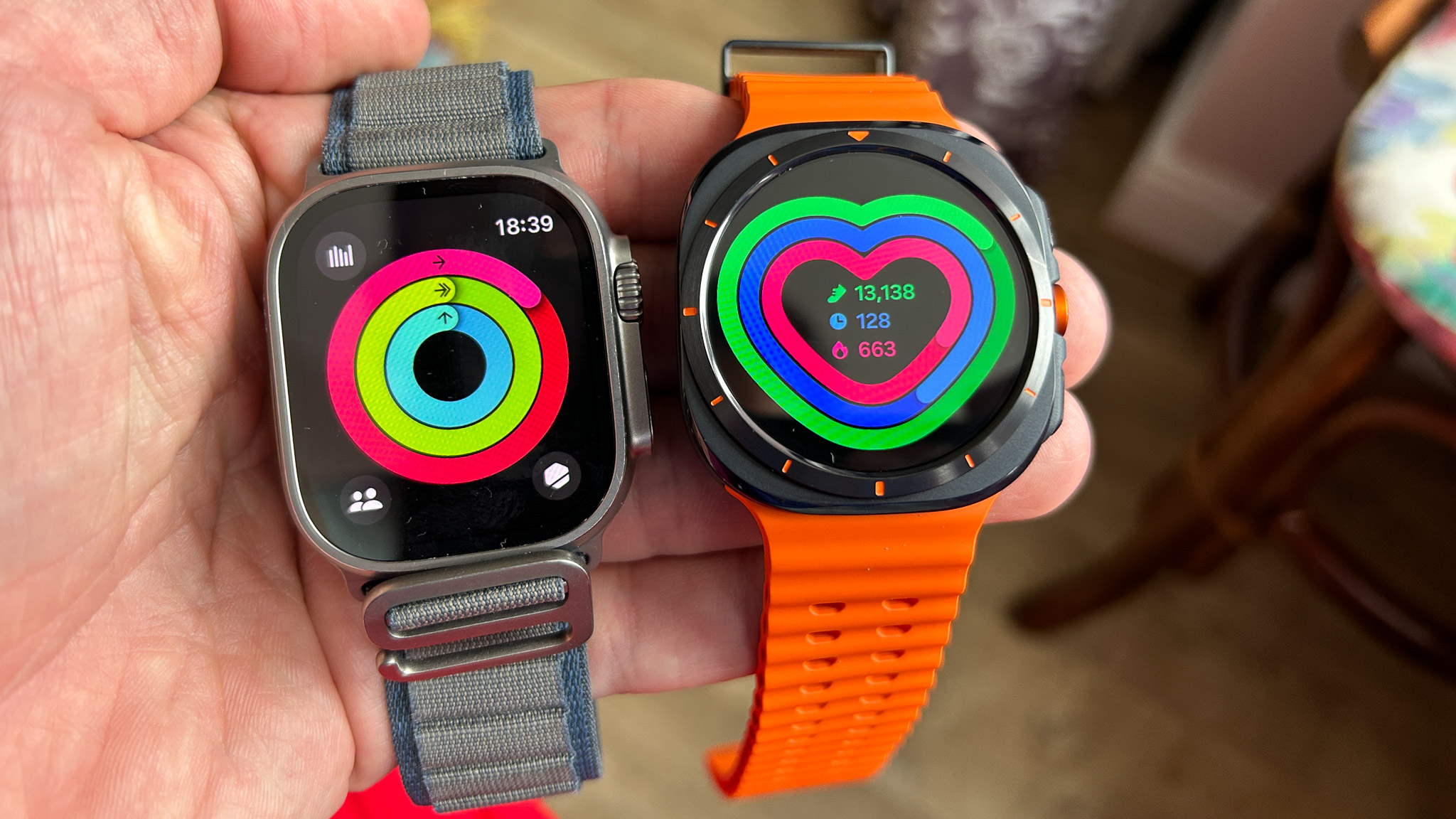
The Galaxy Watch Ultra is praised for its sleep-tracking accuracy. It provides fairly accurate tracking estimations of sleep stages and times, often capturing the exact moments you fall asleep and wake up.
Samsung's sleep coaching tool, which requires a few nights of data to offer personalised advice, is an added bonus, just like the aforementioned Sleep Animal categorisation. The watch also includes a skin temperature sensor, although it is not fully utilised yet.
The Apple Watch Ultra 2 excels in providing detailed sleep stages, including REM, Core, and Deep Sleep, and offers sleep schedule tracking. However, there are occasional discrepancies. The watch occasionally overestimates sleep duration, sometimes missing the exact times you fall asleep and wake up.
In terms of activity tracking, the Apple Watch Ultra 2 is highly regarded for its accuracy and reliability, thanks to its dual-band GPS. However, despite both watches using dual-band GPS, I found its GPS performance lagging behind the Galaxy Watch Ultra.
The Galaxy Watch Ultra is known for its proactive and automatic activity tracking. It not only tracks a broad spectrum of exercises, such as multisport mode but also prompts users to move after periods of inactivity and suggests desk exercises.
The watch quickly recognises certain exercises, like walking, automatically and logs them without you having to interact with the wearable at all. GPS performance is spot on, but the real-time heart rate measurements are sometimes slightly off.
Winner: Tie. Apple’s wearable is better at tracking heart rate during workouts and has more sports modes, but the Samsung is definitely the better sleep tracker, and its GPS performance seems to be more accurate, too.
Battery Life
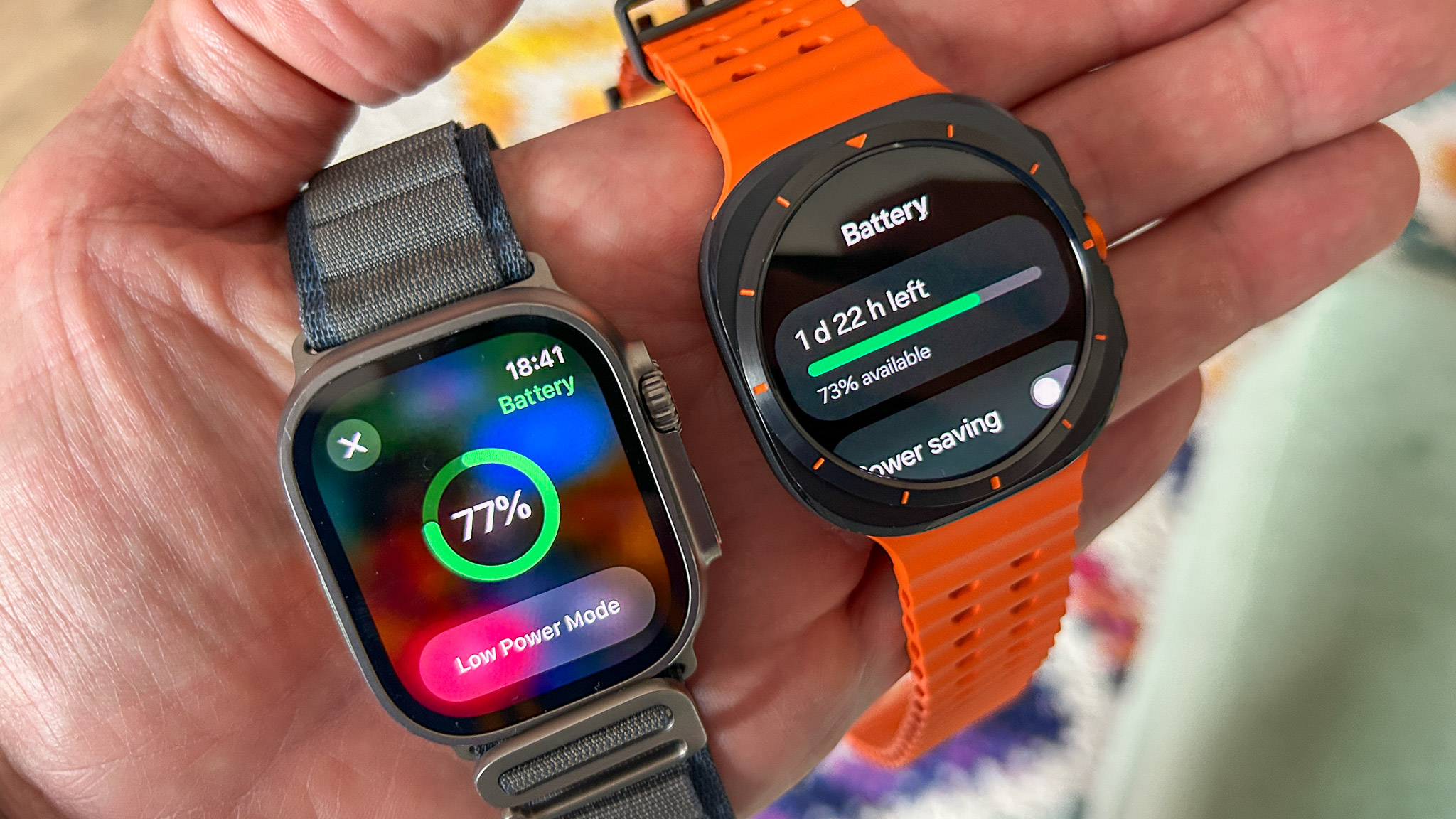
The Apple Watch Ultra 2 offers a battery life of up to 36 hours on a single charge, which is sufficient for most day-to-day activities. It’s the best Apple Watch in this regard; however, many AMOLED smartwatches these days have week-long battery life, which puts it in a different perspective.
In contrast, the Samsung Galaxy Watch Ultra excels with a longer battery life, promising up to 48 hours of typical use and up to 100 hours in Power Saving mode, catering to users who need extended usage without frequent charging.
Winner: Galaxy Watch Ultra.
Verdict
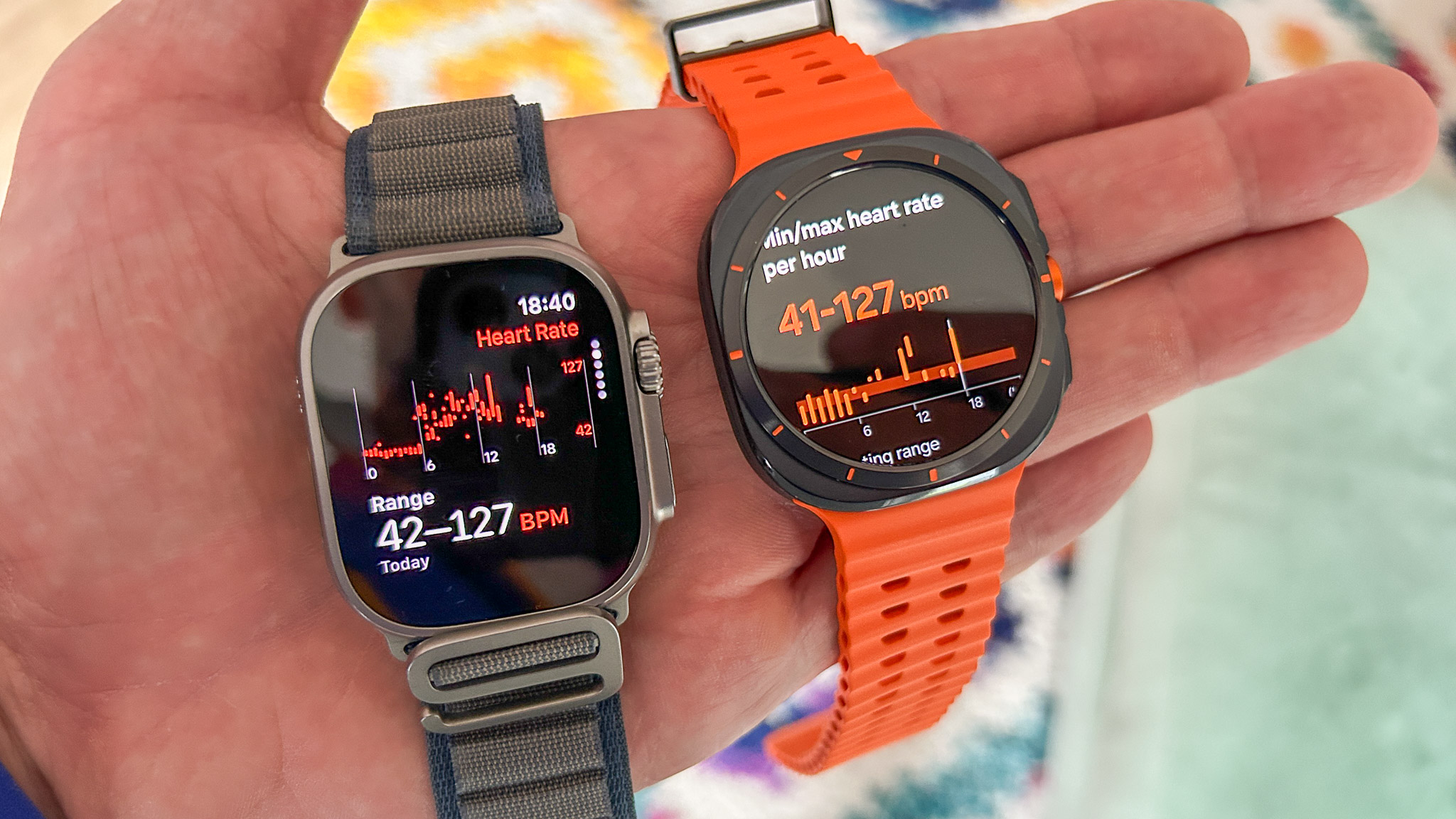
One finds themselves in a tricky situation when deciding which of these two wearables is better. They are both built well and feature premium materials. Both Apple's and Samsung's watches fit seamlessly into their respective ecosystem, making them a dream to use if you're an iPhone/Galaxy user.
This is why it's hard to make a statement here. Even if I say one is better than the other, it's unlike people would throw their smartphones away and flock to the stores en masse just so they can buy the watch.
The truth is we need both the Galaxy Watch Ultra and the Apple Watch Ultra 2. And when I say we, I mean Apple and Samsung users. These excellent wearables represent the best both companies have to offer and, therefore, have a space in the broader smartwatch market.
Sure, Samsung's watch might not feel as feature-rich as Apple's (yet), but it's 25% cheaper, a significant price difference that almost puts the South Korean brand's version in a different category altogether.
Assuming a highly hypothetical scenario in which you do not belong to either group (Apple vs. Samsung users) and the decision of which ecosystem to sign up to depends on the wearable options, I would say you're better off with Samsung if you're keen on tracking your health due to its gamification (e.g. sleep score) and accurate sleep monitoring.
If you need more robust fitness and sports tracking features, Apple is better at that, thanks to its advanced running and cycling features, navigation capabilities and diving modes.

Matt Kollat is a journalist and content creator who works for T3.com and its magazine counterpart as an Active Editor. His areas of expertise include wearables, drones, fitness equipment, nutrition and outdoor gear. He joined T3 in 2019. His byline appears in several publications, including Techradar and Fit&Well, and more. Matt also collaborated with other content creators (e.g. Garage Gym Reviews) and judged many awards, such as the European Specialist Sports Nutrition Alliance's ESSNawards. When he isn't working out, running or cycling, you'll find him roaming the countryside and trying out new podcasting and content creation equipment.
-
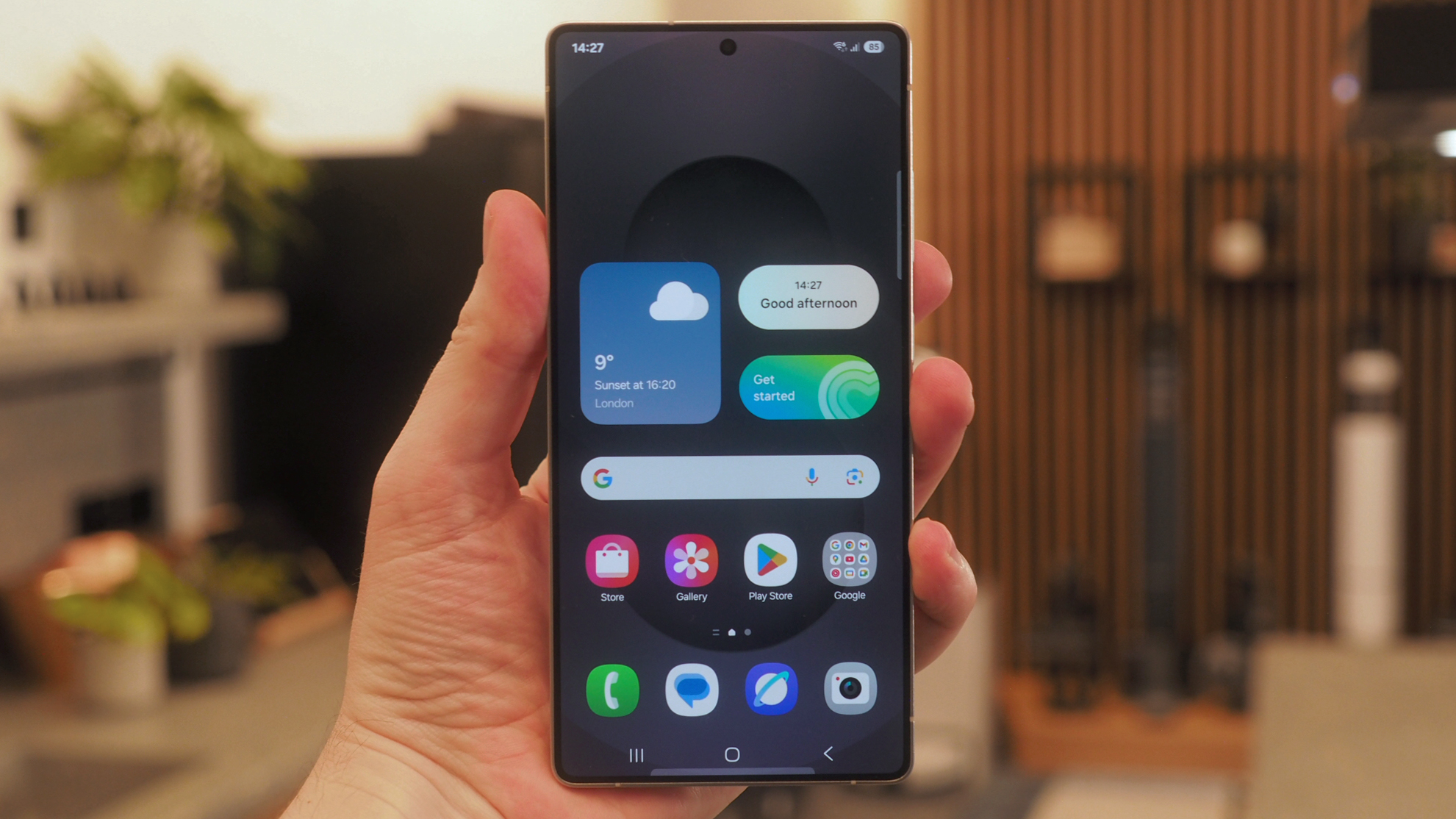 Samsung hits pause on Android 15 rollout, but your phone might be lucky
Samsung hits pause on Android 15 rollout, but your phone might be luckyYour delayed Samsung One UI 7 software update could be delayed some more
By Chris Hall
-
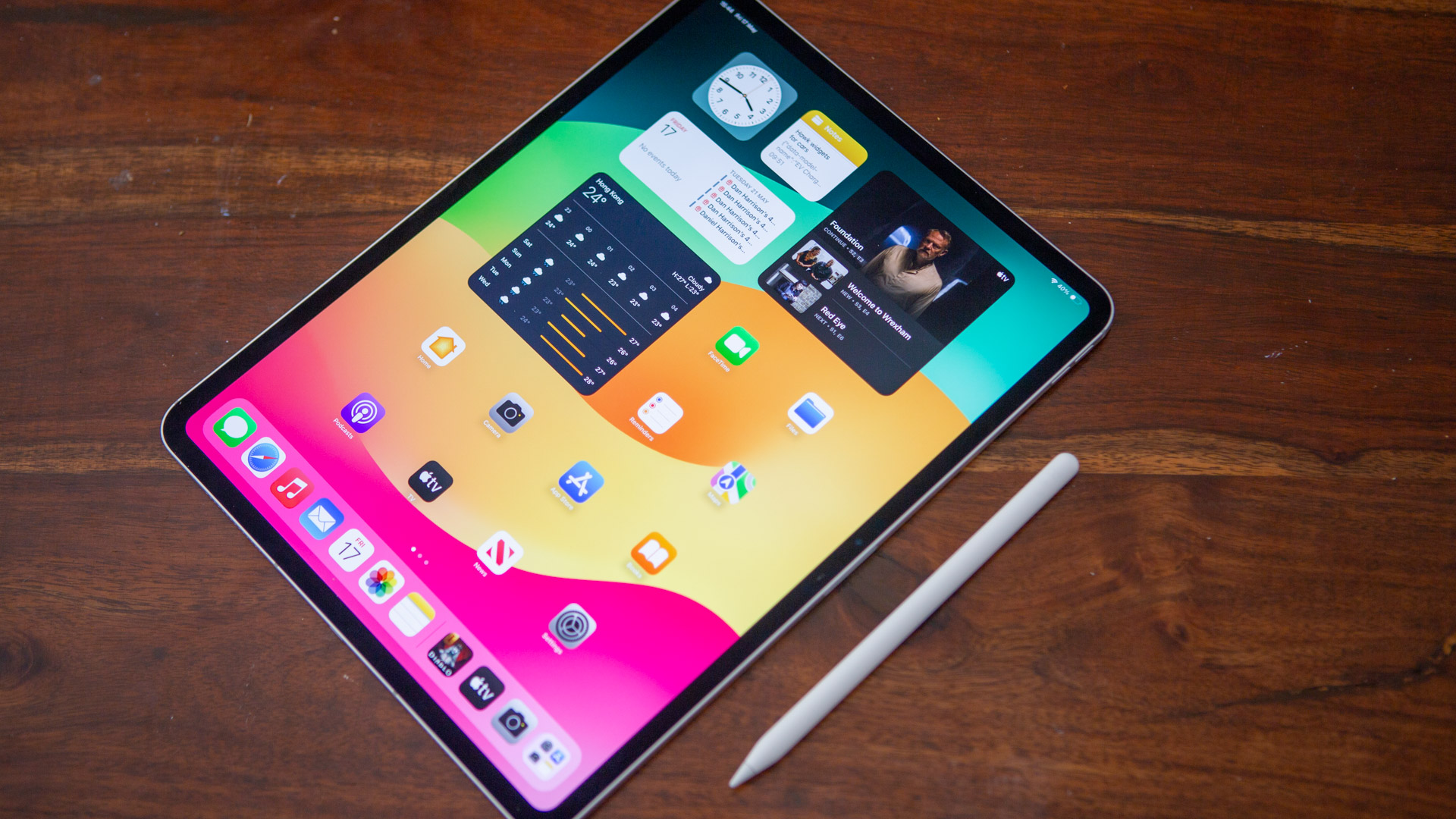 iPad reportedly getting major makeover and your current model could benefit too
iPad reportedly getting major makeover and your current model could benefit tooApple is said to be making a change that iPad power users have been wanting for years
By Carrie Marshall
-
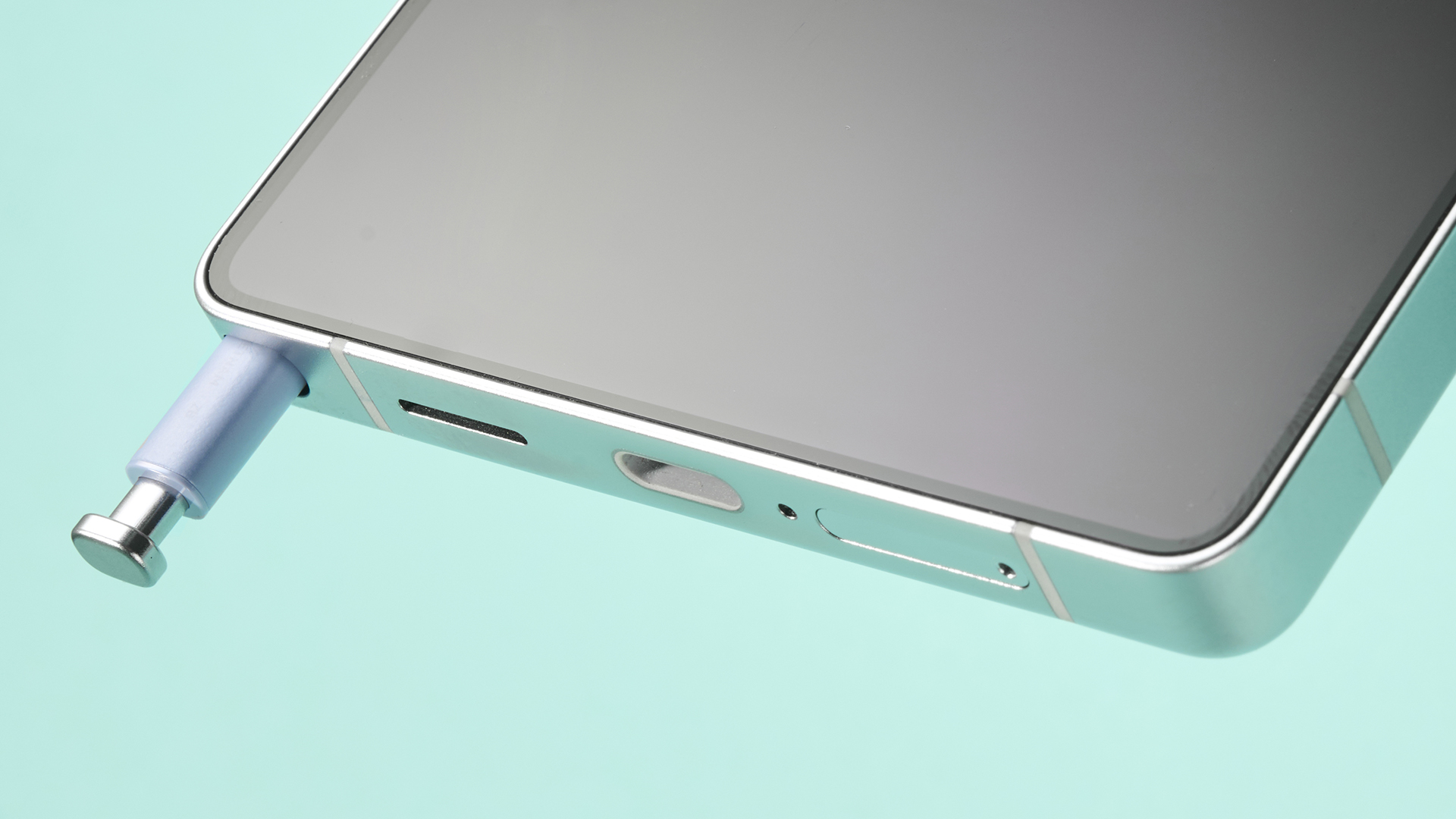 Samsung Galaxy devices could lose a unique feature after all
Samsung Galaxy devices could lose a unique feature after allThat's despite recent claims to the contrary
By Sam Cross
-
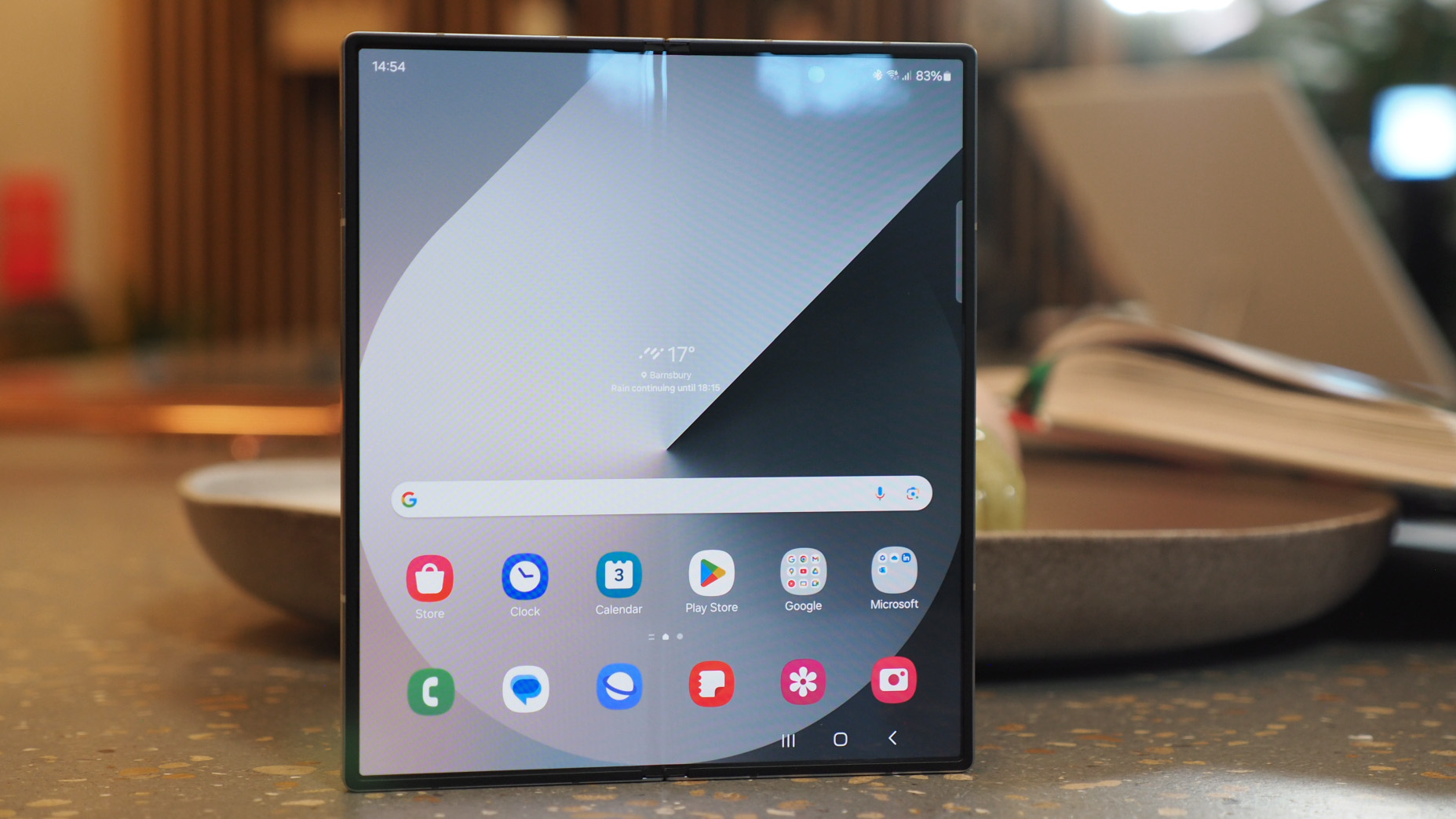 Samsung Galaxy handsets could get a massive free software upgrade as soon as this summer
Samsung Galaxy handsets could get a massive free software upgrade as soon as this summerThat's way sooner than expected
By Sam Cross
-
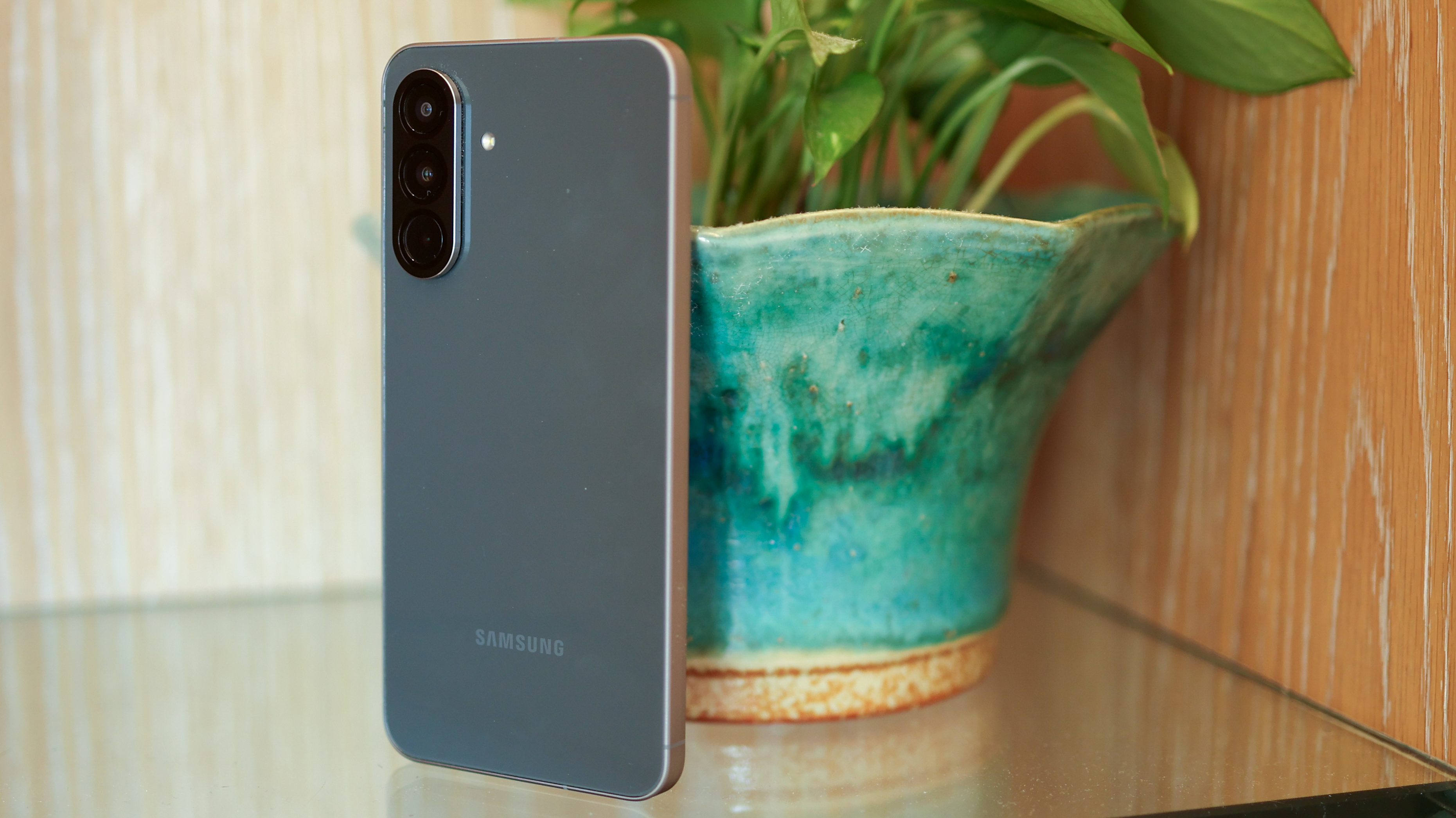 Samsung's affordable phones get Awesome Intelligence upgrade for free
Samsung's affordable phones get Awesome Intelligence upgrade for freeAnd its available to install right now
By Britta O'Boyle
-
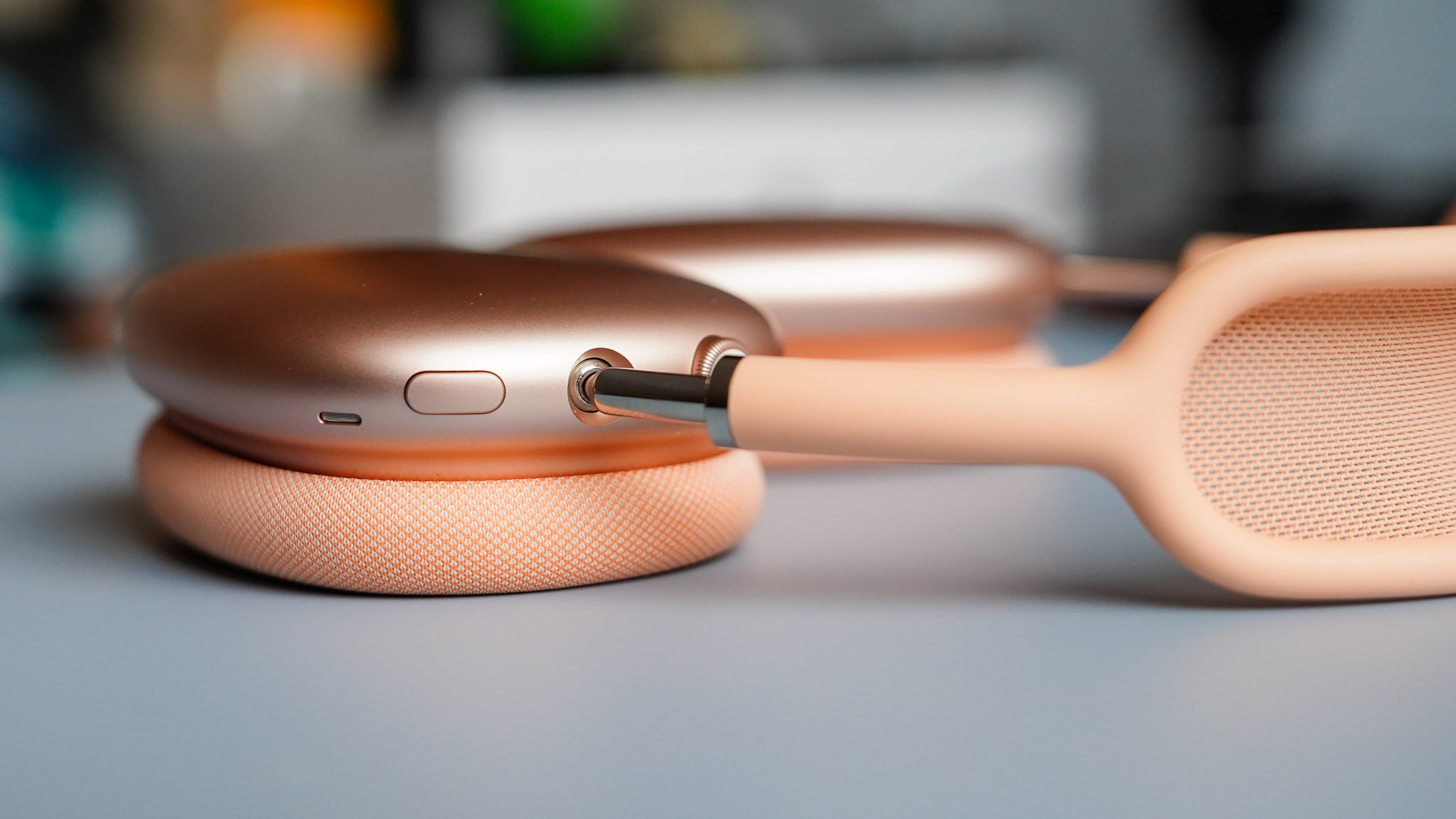 AirPods Max finally get the great free upgrade Apple promised
AirPods Max finally get the great free upgrade Apple promisedHere's how to make sure your headphones are running the right firmware
By Britta O'Boyle
-
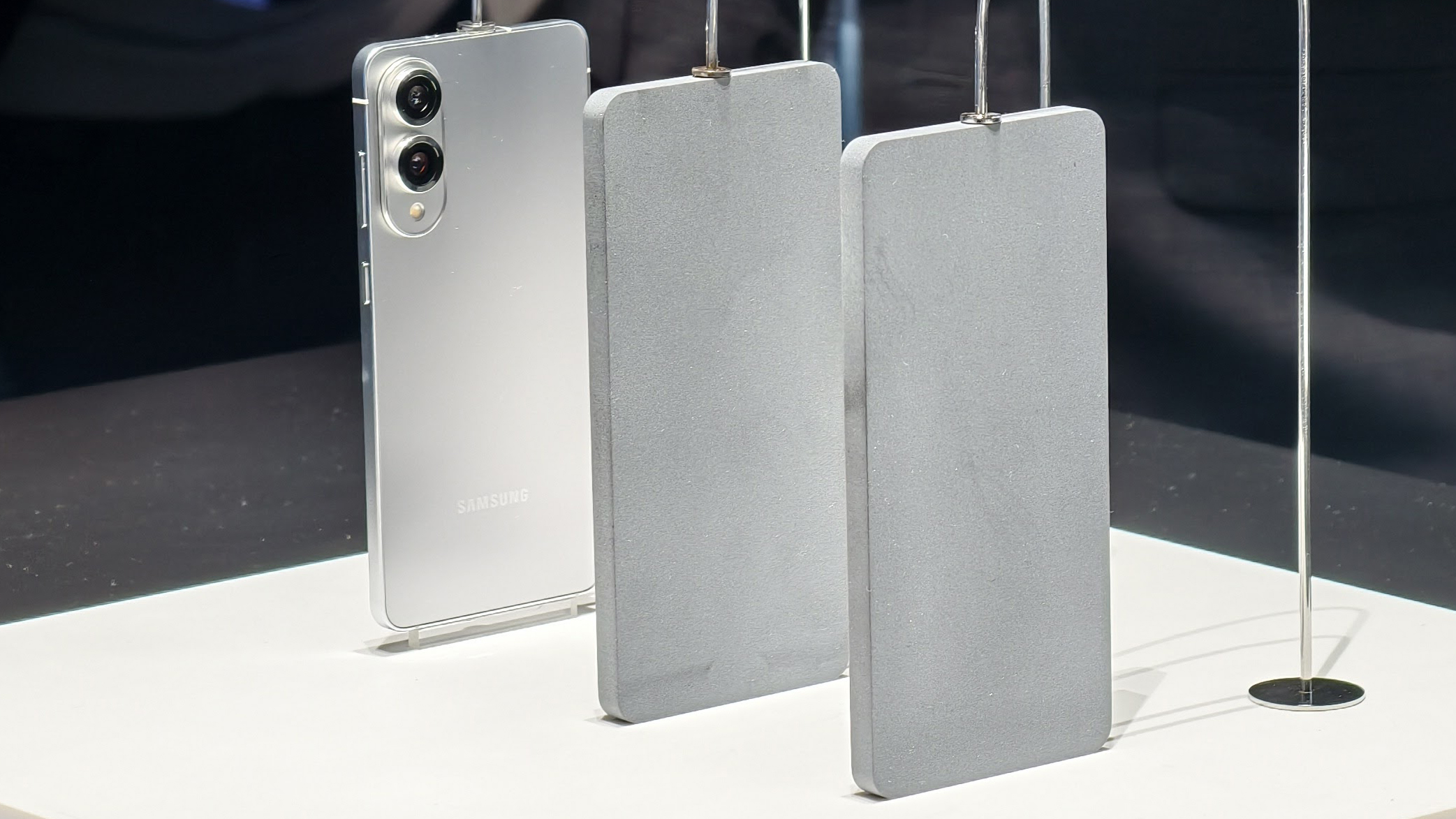 Samsung Galaxy S25 Edge could launch sooner than expected, because of space and time
Samsung Galaxy S25 Edge could launch sooner than expected, because of space and timeYou don't have to be a Doctor to realise why
By Britta O'Boyle
-
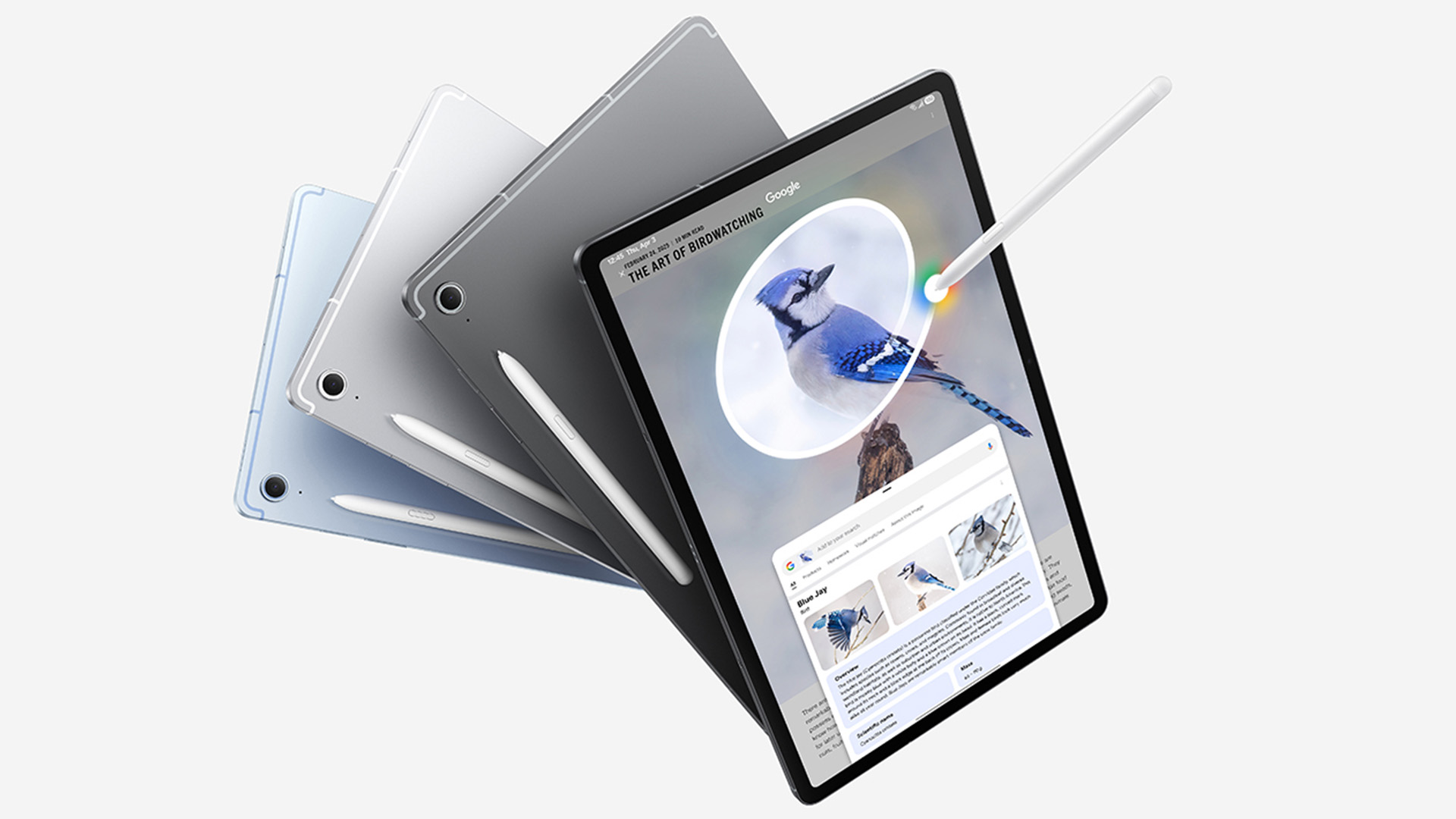 The Galaxy Tab S10 FE might be Samsung's best-value tablet yet
The Galaxy Tab S10 FE might be Samsung's best-value tablet yetA great new semi-premium entrypoint
By Max Freeman-Mills

